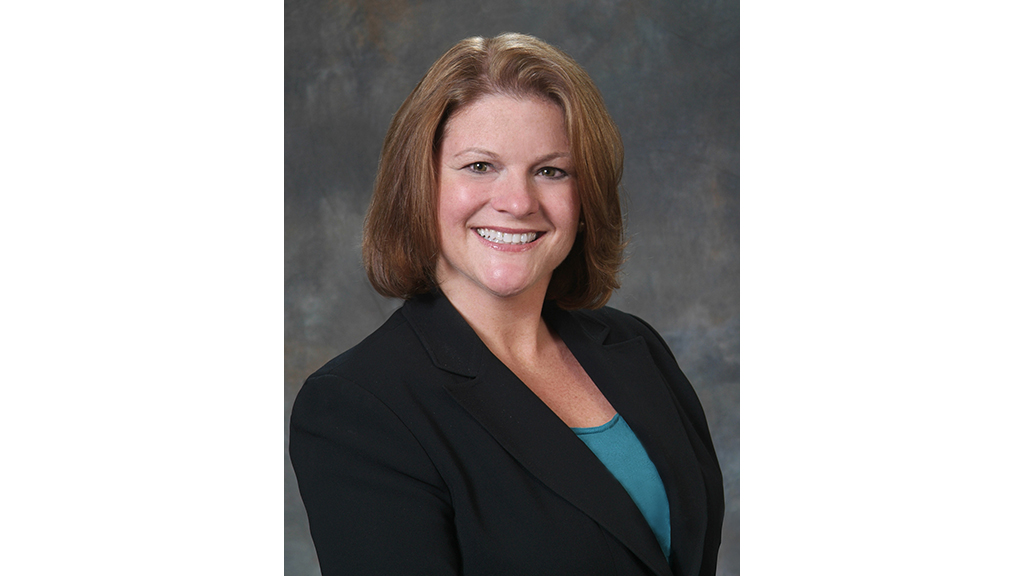
PHOTO CREDIT: ASCA
Early in her career, Jill Cook worked as a teacher, counselor, and assistant principal. In September, the American School Counselor Association (ASCA) board of directors named Cook the organization’s new executive director. A longtime staffer who most recently served as ASCA’s assistant director, Cook helped create the School Counselor of the Year Program.
The “hugs and hankies” image of school counselors does not reflect the scope of what ASCA’s 40,000 members do to improve student outcomes, Cook says. She spoke with ASBJ’s Associate Editor Michelle Healy about school counselors supporting students through data analysis, school improvement plans, and addressing needs during the pandemic.
(This interview was edited for clarity and length)
As executive director, what’s your goal for ASCA?
Our role is to support the work school counselors do with students around academic development, college and career development, and social and emotional development. My goal is to continue to ensure that we’re providing school counselors with the resources, professional development, and support they need to do that. Another piece is being very intentional around providing an equity and inclusion lens in the materials and information we provide.
What does the shortage of school counselors mean for schools?
We need more school counselors than ever before as we deal with the trauma and social and emotional needs of students and staff. So, it’s really a question of how we fill that pipeline. As states go to alternate certification routes, it’s how can we ensure that those coming into the profession have the training to serve students as we know they should be served. Data show there’s been a steady increase in the number of public K-12 school counselors. It’s now more than 117,000, giving us an average of one school counselor for every 430 students. We know some districts have hired and created additional school counselor positions, and some states have introduced legislation to get their state ratios down to what we recommend, 1-to-250.
How is the work of school counselors changing?
Over the last 20 years, school counselors have become integral to what school improvement plans are all about, and we’ve seen the impact school counselors have on student outcomes. The work has shifted from working with just a few students, or just working on college applications, or just with students in disciplinary trouble to working with all students around academic, career, and social-emotional development. School counselors do that in classroom instruction, in small groups, advisement, appraisal, through various ways. They use their collaboration skills and leadership skills to create change. And what has come with that is using school and student data to look at gaps and plan and create their programs to address those gaps. Today, in this virtual world or hybrid world, the added challenge is that school counselors aren’t necessarily able to reach all students and ensure that those who need supports can access those supports.


Share this content